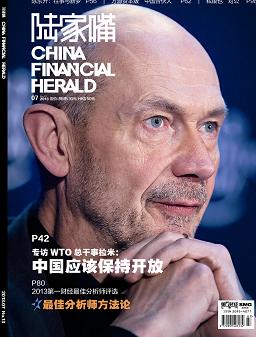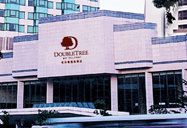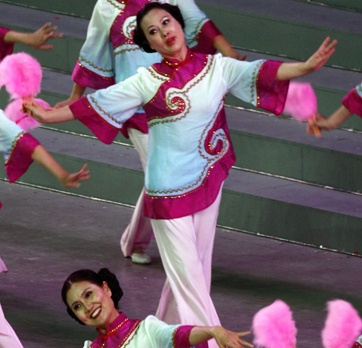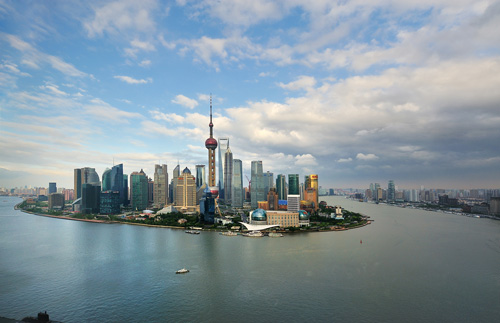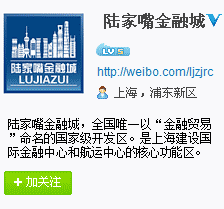Multilateralism is still key to global trade
|
|||||||||
Updated: 2013-08-05
The outgoing secretary general of the WTO, Pascal Lamy, remarked in an interview in Lujiazui magazine that multilateral trade will continue to dominate world trade, and China needs to keep opening up.
Lamy believes that the Doha Round will be successful, despite voices that believe it is dead. The slow and bumpy process, though, sometimes leaves him depressed. He said that it is necessary to listen to what experts say but it is the politicians who have the final say. The Doha Round is a series of trade negotiations among WTO members that aims to achieve reform in the international trade system through the introduction of lower trade barriers and revised trade rules.
All the WTO members have indicated that they want to conclude the Doha Round. Even if they know it takes time, they hope to realize it as soon as possible. Saying that the Doha Round is dead is just an academic contention. None of the 159 members have given up so far. Some elements like regional turmoil and disagreement among countries may hinder the smooth progress of a package deal. Some ministers from different countries prefer to divide the block into several smaller issues and then tackle them one by one.
As the Doha Round is stuck in a deadlock, many bilateral and regional trade agreements have started to spring up, like the Trans-Pacific Partnership Agreement (TPP), the Regional Comprehensive Economic Partnership (RECP), and the Transatlantic Trade and Investment Partnership (TTIP). Lamy said that these talks will not pose a threat to the Doha Round. Multilateral trade has always coexisted with bilateral trade over the past 50 years. The reason why bilateral trade is increasing is that more countries have reached a certain level of development, so the size of the market is growing. But the issue is not simply about competition for share of imports and exports.
The existing multilateral trade system has been established for 50 years. In spite of numerous bilateral and regional trade deals, 85 percent of international trade is conducted under the WTO tariff agreement. In other words, only 15 percent of global trade uses preferential tariff rates. This highlights the real influence of the preferential trade deals. Looking into the future, whether the ambitious TPP and TTIP will be fulfilled is unknown.
Lamy holds firm that the two ways of trade, bilateral and regional, will eventually be incorporated into the WTO framework. The problem of the future lies not in tariff reduction. The more bilateral preferential tariffs are established, the less preference the whole system has.
In regards to China, Lamy said China is a very responsible member of the WTO. It has taken a lead in this year’s Doha Round on issues like trade and customs facilitation. Of course, China has defensive measures as well like the US, the EU and other countries. If China accepts the requirements of the US to grant zero tariff treatment to their industrial products, the US will pay the price in another way. But the US is unlikely to agree to it at present.
